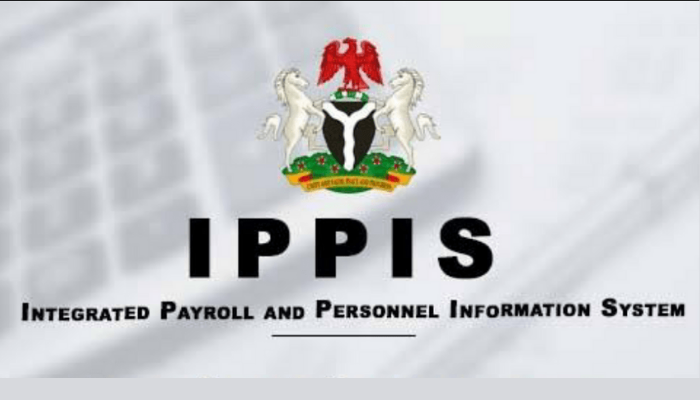House of Representatives has resolved to investigate an alleged mismanagement of personnel recruitment, employment racketeering and mismanagement of the Integrated Payroll and Personnel Information System (IPPIS) by ministries, departments and agencies (MDAs).
The move is sequel to the adoption of a motion by Hon. Oluwole Oke, a former chairman of the house committee on public accounts at plenary yesterday.
Moving the motion, Oke said there was fraud in the system that had encouraged the recruitment of ghost workers with its effects on the finances of the government.
He said, “The federal government of Nigeria has numerous ministries, departments, agencies, parastatals, institutions, etc and currently these public bodies represent the biggest employers of labour in Nigeria.
“The overhead of these public institutions constitutes a major component in the Budget of the Federal Government of Nigeria. Hence, employment in the federal public service has historically been a channel through which the federal government makes social interventions, stabilizes society, reduces poverty and increases its access to all parts of Nigeria.
“This, therefore, underscores the essence and the importance of managing the process of recruitment and payment of civil servants and public officers.”
“Notwithstanding this near-sacred role being played by the Federal Government of Nigeria, the process of recruiting and employment into the civil service has become one that is fraught with endemic corruption. Public Institutions have since stopped the process of advertising for jobs and vacancies.
“Even in the few instances where adverts are published, the slots are already commoditized and available for the highest bidders. In other words, most public institutions now sell employment positions, notwithstanding the qualification of the applicant and the ability of the applicant to perform optimally on the job.
“This poses a major risk and has indeed constituted itself into a channel for the underperformance of the Nigerian public service. Historically and specifically, since 1960 – the 1990s, Nigeria boasted of one of the best crops of public servants in the world and service delivery was at the highest level of professionalism.
“However, this situation has since changed, largely because of the method of recruitment and the quality of recruitment into these public institutions, which is driven by fraud, abuse, corruption and pecuniary considerations.”
Adopting the motion, the House resolved to set up an ad-hoc committee to conduct the investigation.










